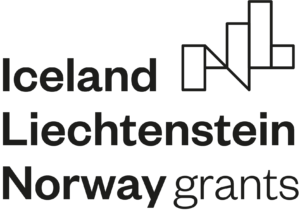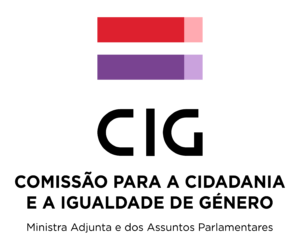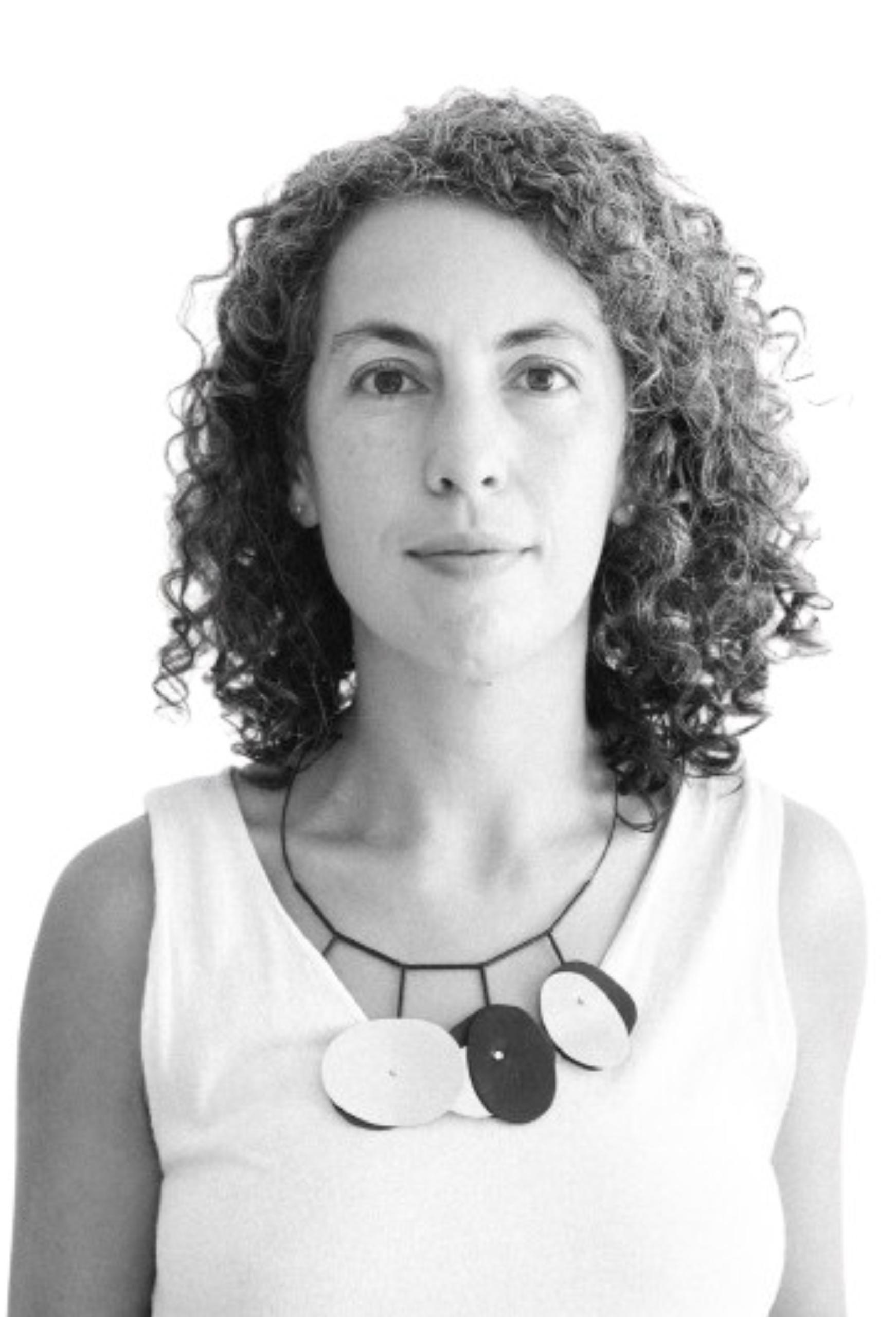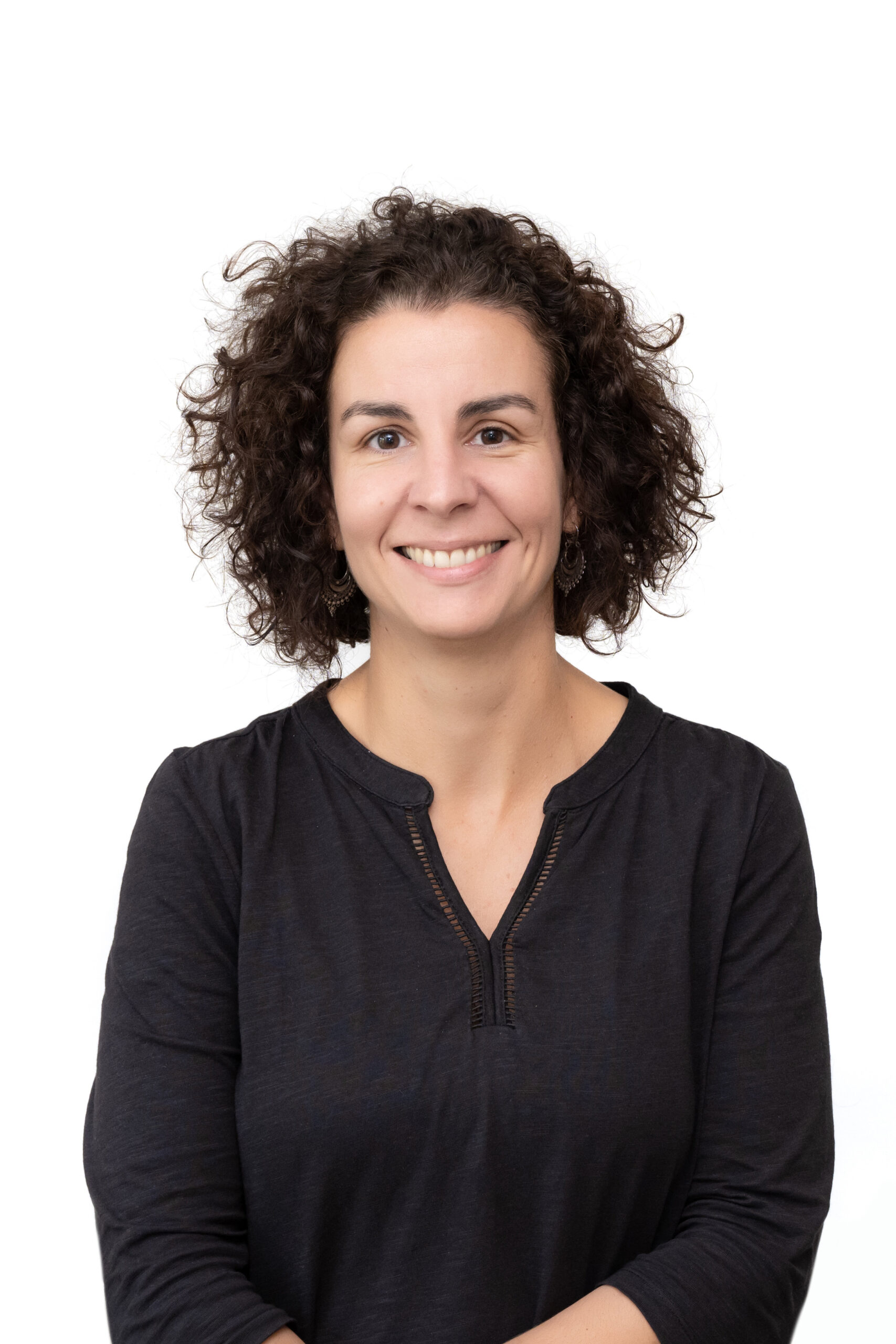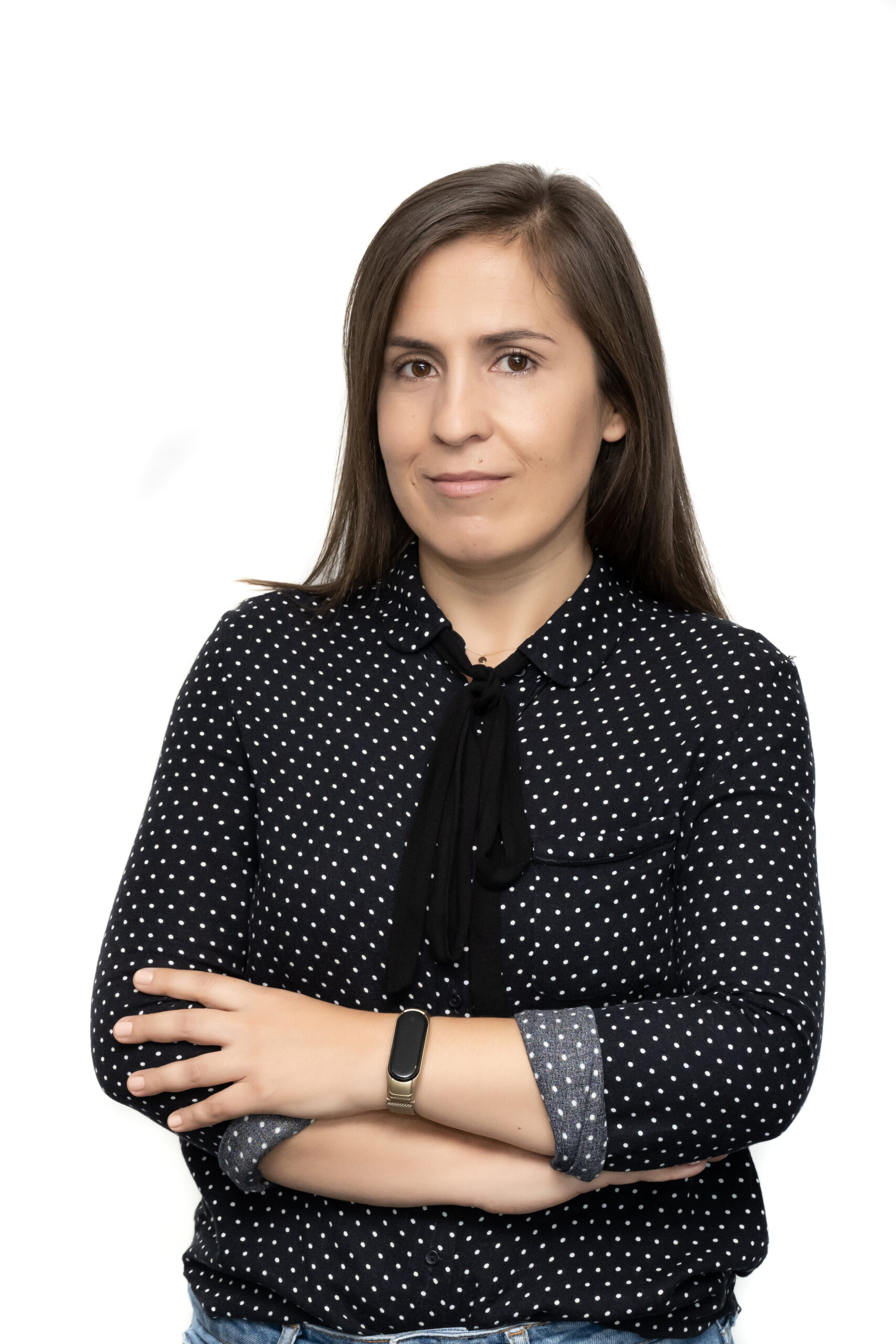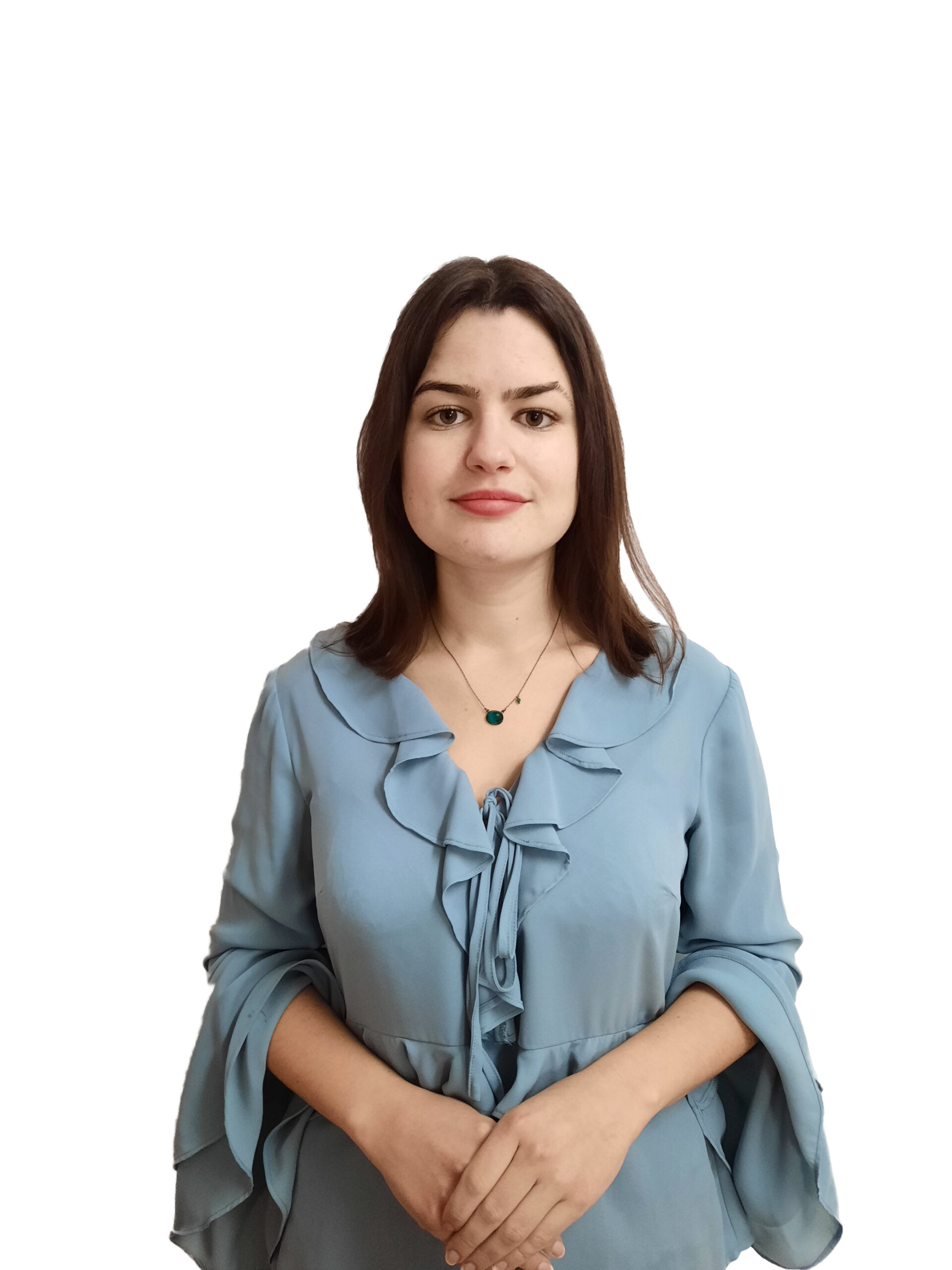Household composition is an important determinant of the occurrence and increase of gender wage inequalities throughout life. It is, however, important to emphasize the role of local knowledge. The magnitude of maternity-related salary inequalities and the relevance of the phenomena that explain them may not be visible in other contexts, as they depend on a set of measures related to work-family reconciliation, the labor market, gender stereotypes and of social expectations in force in each country. The use of population-based prospective studies, and in particular of a large birth cohort, can constitute an important basis for understanding the social and economic implications of motherhood, taking into account the family, social and economic, local and national.
This project will seek to produce knowledge about the impact of motherhood on income and professional career, as well as a set of concrete public policy proposals that allow minimizing asymmetries and promoting gender equality in the labor market in the context of motherhood, with a view to the income. Thus, this project is aligned with the objectives of the EEA Grants by contributing to the reduction of economic and social disparities in the European Economic Area as well as strengthening bilateral relations between beneficiary countries and donor countries, in this case, Portugal and Norway. The production of this white paper is also aligned with the priority area “Gender Equality” of the Gender Conciliation and Equality Program, and with the National Strategy for Equality and Non-Discrimination 2018-2030 “Portugal + Equal” (measure 2.2.3 ) and the action plan for equality between women and men (PAIMH). It will also fulfill the objectives of the MFEEE 2014-2021, particularly contributing to the execution of Objective 1 and Outcome 1.4.
Goals
The main objective of this project is to analyse the impact of motherhood on income. To do so, the following specific objectives were defined:
- To estimate the impact of motherhood on wages and pensions and to compare it with fatherhood.
- To estimate the impact of motherhood on work life and to compare it with fatherhood.
- To analyse the impact of motherhood on income specifically during the pandemic.
- To analyse the working conditions and gender asymmetries that arose during the SARS-CoV-2 pandemic.
- To develop a comparative analysis on social and labour policies at the European level, regarding policies related to family support such as maternity/parental leave and work-family balance policies.
- To develop recommendations that mitigate the impact of motherhood on income and gender asymmetries.
Latest Activities
- Literature review on the impact of parenthood on the professional career of mothers and fathers.
- Analysis of parenthood support policies in 12 European countries (Portugal, Norway, Sweden, United Kingdom, Ireland, Netherlands, Germany, Switzerland, Spain, Italy, Bulgaria and Poland).
- Analysis of quantitative data on the impact of motherthood on income in the short and long term from European EU-SILC and SHARE surveys, and on work-life balance from the Generation XXI cohort data.
- Interview conduction and analysis with Portuguese mothers and fathers who live in several European countries (Portugal, Norway, Sweden, United Kingdom, Netherlands, Germany, Spain and Italy).
- Participation in the RTP 3 TV program “Europa Minha” (My Europe), in a documentary on parenthood policies.
- Formal presentation and discussion of preliminary results with the partner institution – PANSOC – on a visit to Norway.
- Organization of an Intermediate Seminar to discuss the preliminary results with researchers who are experts in the field.
- Presentation of a poster on policy analysis and qualitative analysis of interviews at the European Congress of Public Health, 8-11 November in Dublin.
- Participation in the podcast “Gender in Perspective: Projects in Progress”, organized by the Portuguese Commission for Citizenship and Gender Equality (CIG).
- Dissemination of the main results in different media (Expresso, Jornal de Notícias, Público, SIC Notícias).
- Organization of the Final Seminar to present and discuss the results and the White Book. A recording of the Seminar is available on ISPUP’s YouTube channel.
Financing
This project is financed by EEA Grants (eeagrants.gov.pt) through the Gender Conciliation and Equality Program operated by CIG.
Through the Agreement on the European Economic Area (EEA), Iceland, Liechtenstein and Norway are partners in the internal market with the Member States of the European Union. As a way of promoting a continuous and balanced strengthening of economic and trade relations, the parties to the EEA Agreement established a multi-annual Financial Mechanism, known as EEA Grants. The EEA Grants aim to reduce social and economic disparities in Europe and strengthen bilateral relations between these three countries and the beneficiary countries. For the period 2014-2021, a total contribution of €2.8 billion has been agreed to 15 beneficiary countries. Portugal will benefit from an allocation of 102.7 million euros. Learn more at eeagrants.gov.pt.”
Find us on Instagram and Facebook.
